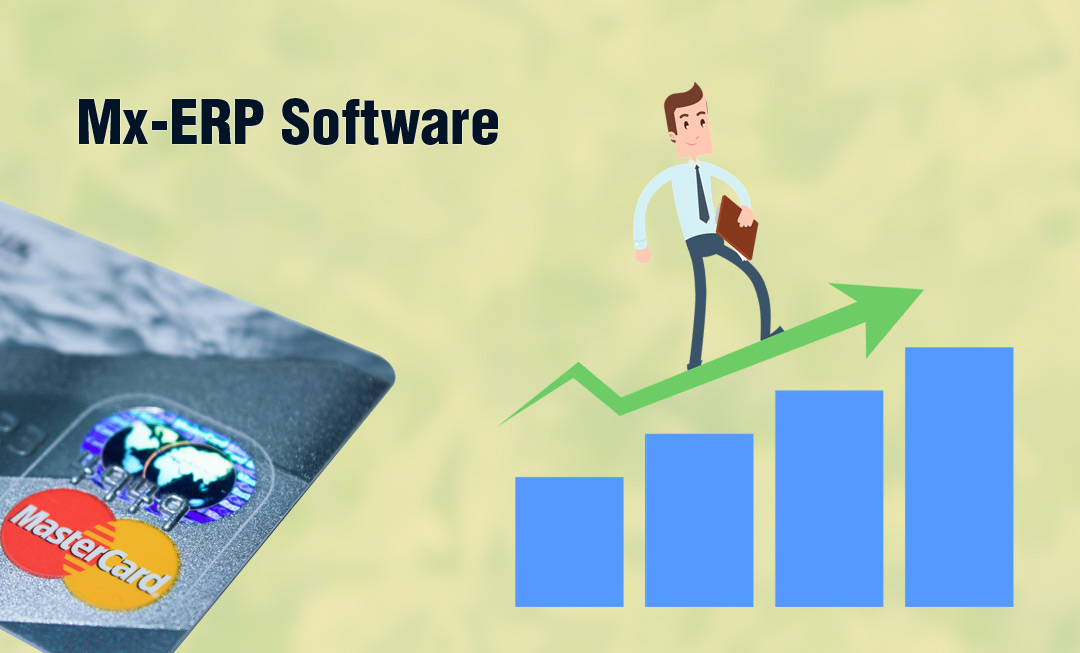
Investing in an ERP system is a big decision. It’s not something you do lightly, or on a whim. You need to have a clear understanding of what an ERP system can do for your business, and how it will fit into your current workflow. You also need to be comfortable with the idea of change. An ERP system will change the way you do business, and it’s important to be prepared for that. But if you are ready for the change, and you understand the benefits of an ERP system, then investing in one can be a great decision for your business. Here are 5 reasons why:
What is an ERP Solution?
An ERP solution is a software application that helps businesses manage their day-to-day operations. It includes a range of modules that cover different aspects of business management, such as finance, accounting, human resources, and supply chain management.ERP solutions are designed to provide a centralized view of all your business data, which can help you make better-informed decisions. They can also automate many of your business processes, which can save you time and money.
Investing in an ERP solution can help you improve your overall business efficiency and competitiveness. It can also help you reduce your IT costs, as you will no longer need to maintain separate systems for each area of your business.
The benefits of an ERP Solution
An ERP solution can offer a number of benefits to businesses, including:- Increased efficiency and productivity: An ERP system can help businesses to streamline their processes and become more efficient. This can lead to increased productivity and cost savings.
- Improved decision-making: With real-time data available at your fingertips, business owners and managers can make better decisions about where to allocate resources.
- Greater visibility into the business: An ERP system provides a single source of Truth for businesses, giving managers greater visibility into all areas of the business and helping them to identify issues and opportunities quickly.
- Enhanced customer service: By integrating all customer-facing departments (such as sales, marketing, and customer service), an ERP system can help businesses provide a better overall customer experience.
- Better scalability: As businesses grow, they often need to add new functionality to their systems. An ERP system is designed to be scalable, so it can easily accommodate the changing needs of a growing business.
How an ERP Solution can help your business
An ERP solution can help your business in a number of ways. First, it can improve communication and collaboration between departments. This can lead to better decision-making, as well as increased efficiency and productivity. Additionally, an ERP solution can help you manage your finances more effectively, giving you greater visibility into your financial situation. Finally, an ERP solution can help you become more competitive by giving you the ability to quickly and easily adapt to changes in the market.The different types of ERP Solutions available
ERP solutions come in a variety of shapes and sizes to fit the needs of any business, no matter the industry. Here are some of the different types of ERP solutions available:- On-Premise ERP: This type of ERP is installed and operated from within your own organization’s premises. It gives you more control over security and customization, but also comes with a larger upfront cost and requires more in-house IT resources.
- Cloud-Based ERP: A cloud-based ERP system is hosted by the software vendor off-site and accessed by users via the internet. It’s a more flexible solution that can be scaled up or down as needed, and doesn’t require as much in-house IT support.
- Open Source ERP: Open source ERP software is freely available for anyone to use and modify. While it may require more technical expertise to set up and maintain, it can be a cost-effective option for businesses on a tight budget.
- Industry-Specific ERP: Industry-specific ERP systems are designed to meet the unique needs of businesses in specific industries, such as manufacturing, healthcare, or retail. These solutions often come with industry-specific features and functionality not found in general-purpose ERP systems.
How to choose the right ERP Solution for your business
There is no single answer to this question as the best ERP solution for a business depends on its specific needs and requirements. However, there are some key factors that should be considered when choosing an ERP solution, such as:- The size of the business: An ERP solution that is suitable for a small business may not be suitable for a large enterprise. It is important to choose an ERP solution that is scalable and can grow with the business.
- The industry: Different industries have different requirements for an ERP solution. For example, businesses in the manufacturing industry will have different needs from businesses in the retail sector. It is important to choose an ERP solution that is designed for businesses in your particular industry.
- The budget: There is a wide range of prices for ERP solutions, from free open-source solutions to expensive enterprise solutions. It is important to set a budget for your ERP project and choose a solution that falls within this budget.
- The features: Not all ERP solutions offer the same features and modules. It is important to identify the key features and modules that you require from an ERP solution and choose a system that offers these features.